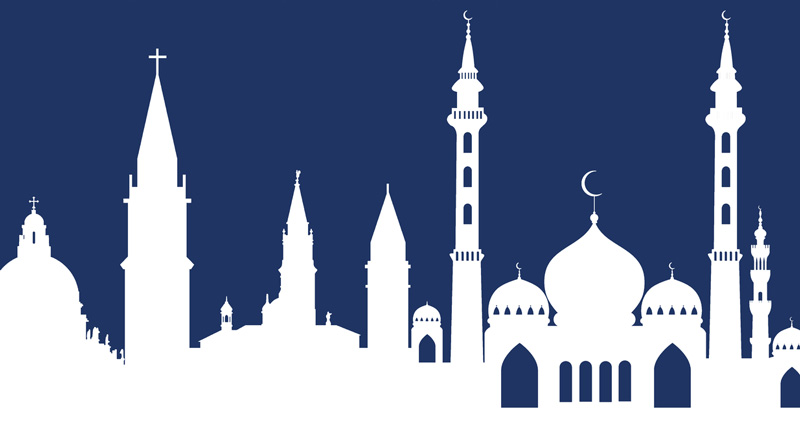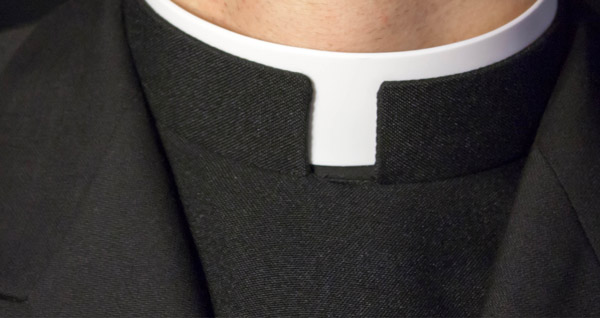
GREENVILLE – For the past 15 years, Daniel Ali has been traveling across the United States, offering Christians insight into Ali brought his conference on “The Prophet and the Messiah” at St. Mary Church. St. Mary’s Center for Evangelical Catholicism sponsored the event. Ali said it’s easy to evangelize with Muslims or other non-Christian faiths, as long as that effort comes through the Holy Spirit.

“You cannot evangelize any person — by evangelize, I mean the word of God and the word of Christ — if you are not prompted by the Holy Spirit,” he said. “You need to ask the Holy Spirit to guide you in what needs to be said and done.”
An Iraqi Kurd, Ali grew up as a Muslim under Saddam Hussein’s campaigns against the Kurdistan. He resisted the Saddam regime and was jailed and tortured. Ali has since been diagnosed with Parkinson’s, as well as Post Traumatic Stress Disorder and Desert Storm Syndrome.
Ali converted to Catholicism in the late 1990s. He and Father Mitch Pacwa, a Jesuit priest and host of “EWTN Live,” started the Christian-Islamic Forum in the summer of 2001.
Ali said Christians should practice patience when evangelizing with Muslims.
“Be sensitive and gracious as they are sensitive and gracious,” he said, but “know your faith” as well. “If Christ is not with you, you will lose,” he said.

Timothy J. Nielsen, executive director of the Center for Evangelical Catholicism, gave conference participants a quick framework on the history of Islam before handing the discussion to a trio of invited speakers, including Ali; Father Joseph Alobaidi, a Dominican priest and Professor of Sacred Scripture at The Dominican House of Studies in Washington, D.C.; and Robert R. Riley, author, director of the Westminster Institute, and a former White House special assistant to President Ronald Reagan.
“One of the things, as Catholics, that makes it difficult when talking about Islam is that, especially over the last 50 years, there have been a lot of mis-messages from within the Catholic Church on what is the authentic Islam,” Nielsen said.
The Second Vatican Council from 1962-65 attempted to address that confusion by pointing out that people “don’t need to totally ignore what happened in the past,” specifically The Crusades and other clashes between Muslims and Christians, Nielsen said.
“We need to approach (the history) with charity, with a spirit of forgiveness and equal understanding,” he said. “In fact, in order to achieve any level of mutual understanding, to have evangelization, one of the keys is the understanding of the history.”
While emphasizing that a large majority of people who follow Islam are non-violent, Nielsen said history has shown that more fundamentalist members, such as ISIS, rise periodically to challenge the majority.
Frank Kuhn, a parishioner at St. Paul the Apostle in Seneca who attended the conference, said he worries about the threat ISIS presents to the West, a concern voiced by other conference participants.
“I’m very concerned about the direction of Islam and how that’s going to affect the United States,” Kuhn said.
Nielsen, however, tempered that concern by returning to Islam’s long history as a peaceful religion.
“An important thing to remember about Islam is that natural law always reasserts itself,” he said. “History shows these fundamentalist movements eventually result in in-fighting and they break apart.”


